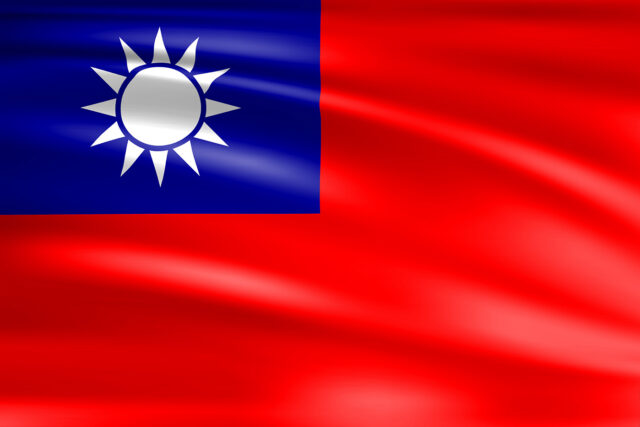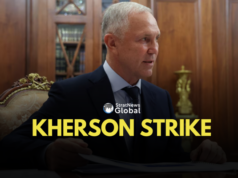NEW DELHI: Should India stick its neck out for Taiwan by backing its re-admission into the World Health Assembly when it meets next week? The assembly is the decision-making arm of the World Health Organisation and therefore a prominent international forum. Some Indian diplomats support the idea: at a time India-China relations are weathering a rough patch and India is the subject of frequent Chinese pin-pricks (whether on the border or at international fora), Delhi must strike where it hurts Beijing. And backing Taiwan hurts China.
Others counsel restraint, arguing that even a casual reading of the tea leaves suggests that Taiwan’s chances of re-entry into the assembly are not bright. It must have the support of half of the 194-member states that make up the assembly. Currently, there is only a handful behind Taiwan (Australia, Canada, France, Germany, New Zealand, UK, Japan, U.S.).
The U.S., apparently mindful of the numbers, insists that WHO chief Dr Tedros could invite Taiwan to participate. As Secretary of State Mike Pompeo pointed out last week: “Director-General Tedros… has the power to do so and his predecessors have done so on multiple occasions”. From 2009 to 2016, Tedros’ predecessor invited Taiwan to participate in the assembly and Beijing did not object. There’s been no change in the WHO rules since then to keep Taiwan out but with an independence-leaning president in charge, China is determined to concede no diplomatic space for that island nation it calls its own.
The treatment of Taiwan may have strengthened the worldwide perception that Dr Tedros has functioned more as an instrument of Beijing (which backed his election), rather than as a proactive defender of world health and safe practices. It is a point Prime Minister Modi made during the virtual summit with the G20 in March. He said reform of organisations like the WHO is urgently required since they exist more to “balance competing individual interests rather than the collective interests of all humankind”.
It is also widely accepted that by not allowing Taiwan in, the world is losing the advice and guidance of a country with a stellar record in combating the Coronavirus (24 million population, 440 infections, 7 deaths).
Nevertheless, India, as is its wont in such situations, may prefer to duck, sit on the fence or just say nothing. Many Indian diplomats privately sympathise with Taiwan but say there is no sense in needling China at this point because no great Indian interests are at stake here. In fact, the politics over Taiwan may sideline what India sees as its priority at the assembly, the need to “promote new crisis-management protocols … develop more adaptive, responsive, affordable and humane health care systems,” as Foreign Secretary Harsh Vardhan Shringla noted on Monday.
He indicated other concerns, such as updating the response to pandemics and bio-threats, the need to improve capacities to respond to future mega disasters and the “management of public health emergencies including pandemics”.
The silence over Taiwan underscores the view in many quarters that the Ministry of External Affairs is overtly sensitive to Beijing—blocking or objecting to high-level bilateral visits involving Taiwan, resulting in low levels of commercial engagement, with India not able to benefit from Taiwan’s many advanced technologies and hardware platforms. Evidently, when it comes to Taiwan, silence is golden!
Thirty eight years in journalism, widely travelled, history buff with a preference for Old Monk Rum. Current interest/focus spans China, Technology and Trade. Recent reads: Steven Colls Directorate S and Alexander Frater's Chasing the Monsoon. Netflix/Prime video junkie. Loves animal videos on Facebook. Reluctant tweeter.





